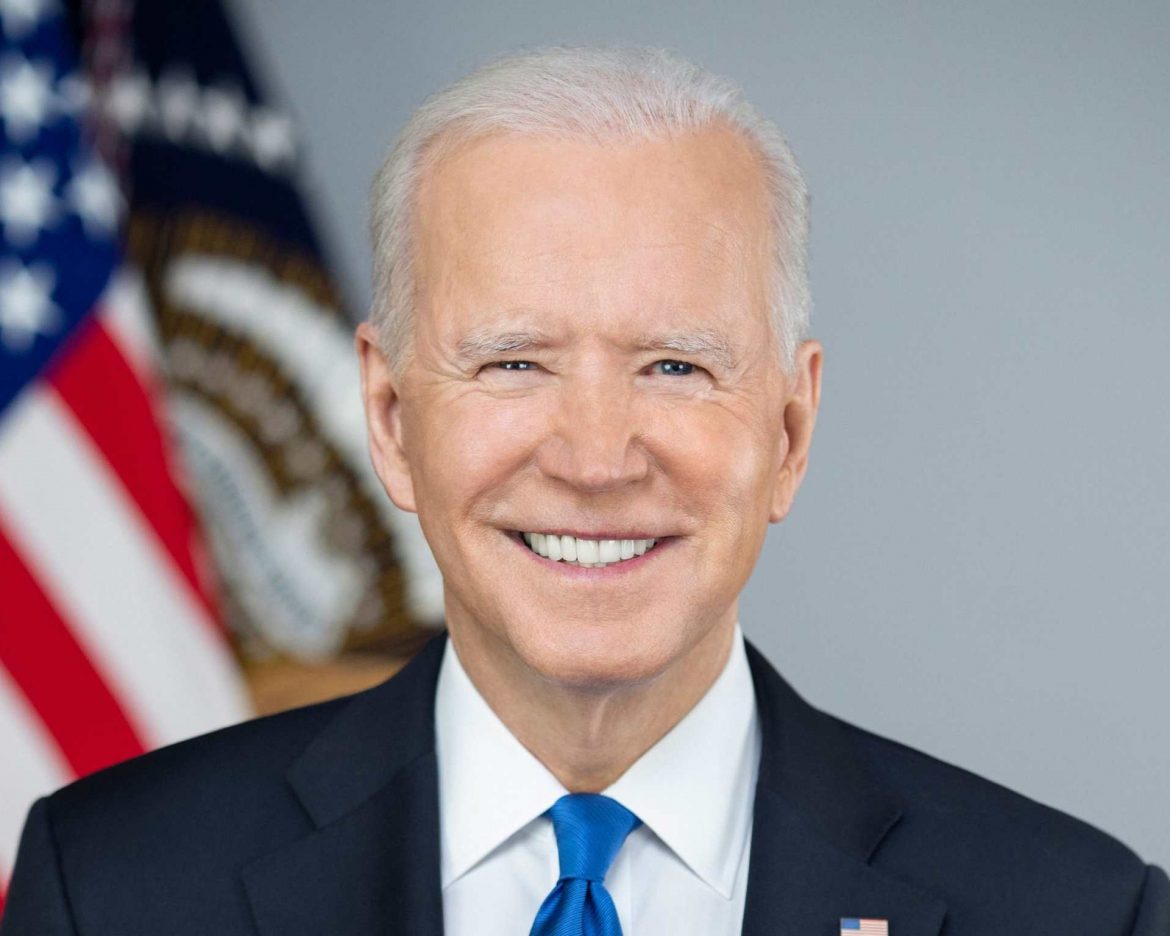President Joe Biden vetoed legislation on Wednesday aimed at overturning the administration’s waiver of “Buy America” requirements for government-funded electric vehicle (EV) charging stations. The legislation, narrowly passed by lawmakers, sought to reinstate U.S. content requirements for steel, iron, and construction materials, arguing that the waiver would subsidise Chinese-made products using U.S. taxpayer funds.
The White House contended that the bill would eliminate the domestic manufacturing requirement for government-funded EV chargers, potentially harming domestic manufacturing efforts. In his veto statement, Biden expressed concern that the resolution would impede the administration’s initiatives to promote investment in critical industries and create high-quality jobs in the United States. He emphasised that the veto would prevent delays in establishing the EV charging network, an integral part of the administration’s agenda.
The Senate is expected to vote on overriding Biden’s veto in the coming week, requiring a two-thirds majority, a challenging threshold. The Biden administration defended the waiver, stating that short-term exemptions would facilitate the rapid installation of EV chargers. Congress has allocated USD 7.5 billion to fund electric vehicle charging stations.
According to the bipartisan infrastructure law enacted in 2021, federal infrastructure projects, including EV chargers, must meet specific domestic sourcing requirements, obtaining at least 55% of construction materials, such as iron and steel, from domestic sources. The full implementation of the 55% requirement is set to begin in July 2022, with EV chargers mandated to be assembled at U.S. factories.
EV chargers rely significantly on iron and steel for crucial components, including the internal structural frame, heating and cooling fans, and power transformers. The vetoed legislation faced opposition from U.S. states and companies, citing challenges in meeting the “made-in-America” standards due to strained global demand for EV chargers and supply chain constraints.
Coincidentally, on the same day as the veto, President Biden’s 2024 re-election campaign secured the endorsement of the United Auto Workers, a politically influential union actively seeking the administration’s support amid the transition to electric vehicles.



